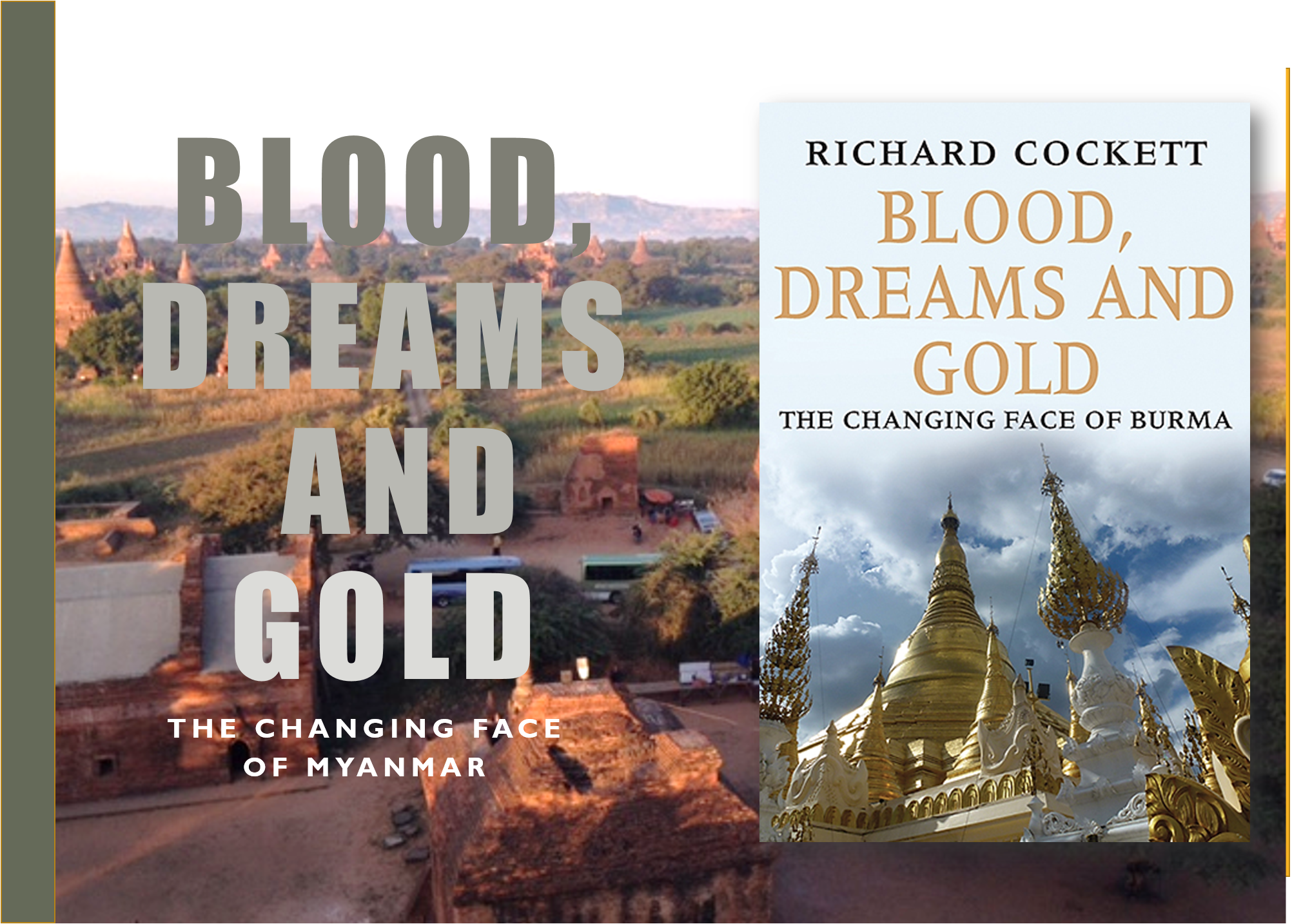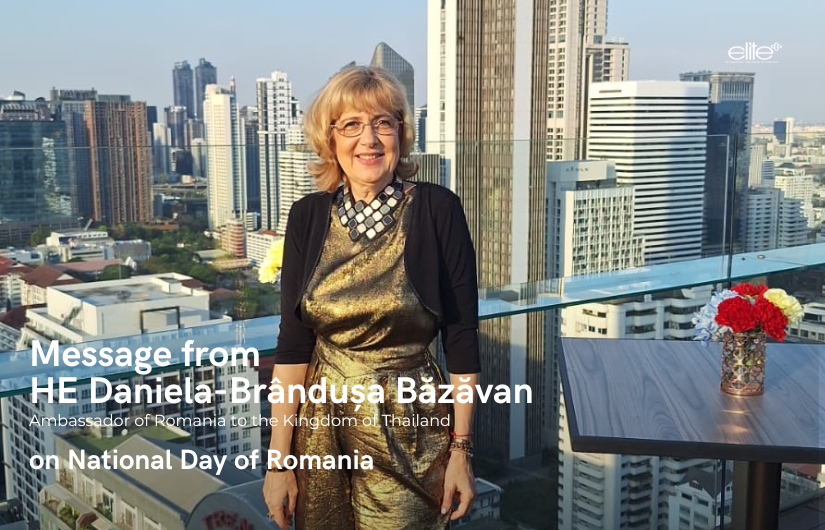Coincidentally with the upcoming general election which was Myanmar’s first election since the civilian government was introduced, Richard Cockette first launched his new book, Blood, Dreams and Gold: The Changing Face of Myanmar at The Foreign Correspondents' Club of Thailand on October 28th 2015. This author was The Economist’s former South-East Asia bureau chief who had spent years in Myanmar interviewing first-hand testimony of this political conflict including indigenous Burmese and minority ethics. The book would draw readers back to the early period when British colony settled in the country and explore the factors that have shaped Myanmar as a plural society nowadays. In the regard of Myanmar’s history described in the book, Mr Richard examined the democratic opportunity of this country especially the general election on November 8th.
“Several after the reform started, they have made a considerable progress. Most the politic prisoners have been released. Last election were surprisingly free and fair and Aung San Suu Kyi was elected to the parliament. But the idea of the book is to show that despite the reform promising marches, the pattern of Myanmar will be basically not much to expect. The book give a backward through the history to show how the country came to its present and warn how difficult to gain further progression.”
As the end product of the colonial period in during the 1900s, the book pointed out that the plural society was the main factor obstructing Myanmar to the democratic paradigm. Under the empire of open-door British policy, the country had brought in the multinational commerce and hundreds of thousands immigrants from all over the world. Until a certain point of the history, Myanmar was absorbed as a province in the British Empire persuading Indians to come in to work in the new colonial capitals namely Yangon, Rakhine State and Mandalay. Unfortunately, when Myanmar conquered British and become independent, the multi-national groups exiting in the country could not unite themselves as one state. Several sections of races have lived side-by-side yet separately within the same political unit.
As the consequence, the native Burmans feel that they were not only conquered by the aliens but also were overridden by colonial workers mainly from Indians. The suppression during the past of the history causes the persistent resentment and later created an aggressive Burmanisation reclaiming the state back to the indigenous Burmese.
“That could explain the extreme when the Burman military went to power in the 1980-1990s to exercise the totalitarian control over the country. The anti-plural-society impulse prevailed in 1930-1950s and there were large amount of Burmans against the Indians. The military knew all the passionate feeling there and exploited it.”
In the book, the author has tried to explain why the politic reform in Myanmar still far more to succeed while the complexity in social context needs more profound transformation. Blood, Dreams and Gold: The Changing Face of Myanmar undercovers the fact behind the collapsing society which once was one of the richest in South-East Asia.






























































































































































































































































































































































































































































































































































































































































































































































































































































































































